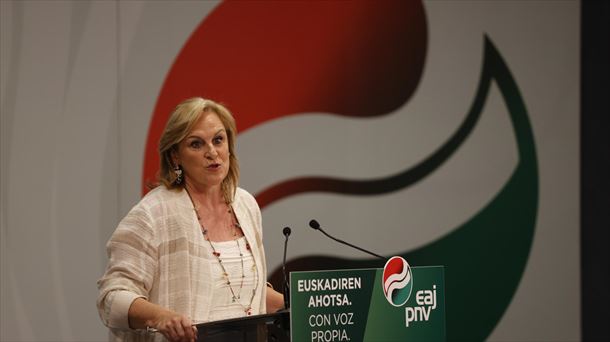The transactional amendment agreed by PSOE, Junts and ERC also states that crimes of treason will only be left out of the clemency measure if there is “an effective and real threat”, and the same will happen with embezzlement if there is none. goal.”
The amnesty law agreed upon by PSOE, Junts and ERC rejects the degree of pardon for actions that can be classified as terrorism according to directive Europe of 2017, and which in turn ‘intentionally caused serious violations of human rights’.
This is one of the key changes in the transactional amendment approved in committee on Thursday that will allow the rule to be finalized.
The text “three agreed” has removed all references to the Criminal Code Spanish, noting that actions considered terrorism in the EU will not be granted amnesty. In particular, the acts regulated in Articles 2 and 3 of the European Convention on Human Rights (relating to the right to life and the prohibition of torture) and international humanitarian law are excluded. This change aims to protect the former President of Catalonia, Carles Puigdemont, who was investigated and charged with terrorism by the Supreme Court over the ‘Democratic Tsunami Case’, as the threshold for the terrorist act established by the EU is higher.
In addition, the agreed changes limit the crimes of betrayal, embezzlement and torturewho are only granted amnesty if they meet certain conditions.
Regarding the former, it is specified that crimes of treason only if there is “both an effective and real threat and an effective use of force against the territorial integrity or political independence of Spain.” In this case they refer to the conditions laid down in the Charter of the United Nations (UN) and in resolution 2625, adopted by the General Assembly in 1970.
The embezzlement will “only” fall under the pardon measure if it is aimed at financing, defraying or facilitating the ‘processes’ and “when No there was a purpose for that personal enrichment“.
Acts classified as crimes of torture under the European Convention on Human Rights, but the amnesty will cover them when “don’t surpass a minimum threshold of gravity”because they are not capable of humiliating or humiliating a person, damaging their dignity or “provoking fear, anxiety or inferiority in a manner capable of breaking their moral and physical resistance.”
This will be expanded at Junts’ request two months the scope of application of the amnesty, which will continue November 1, 2011 until November 13, 2023. The text rejected in January took effect on January 1, 2012.
The law states that no compensation will take place and fines already paid will not be refunded, although this opens the door to refund the fines imposed in the context of “Gag Law”. In this area, the route is only cited in cases that do not concern very serious violations and whenever the authority that imposed the violations is of the opinion that the “criterions of proportionality” are sufficient.
Finally, three articles of the law and the preamble have been amended to make this clear belongs to the judiciary “establish the criteria to benefit from the amnesty” and therefore identify the people who may receive amnesty.
Source: EITB
I am Ida Scott, a journalist and content author with a passion for uncovering the truth. I have been writing professionally for Today Times Live since 2020 and specialize in political news. My career began when I was just 17; I had already developed a knack for research and an eye for detail which made me stand out from my peers.



